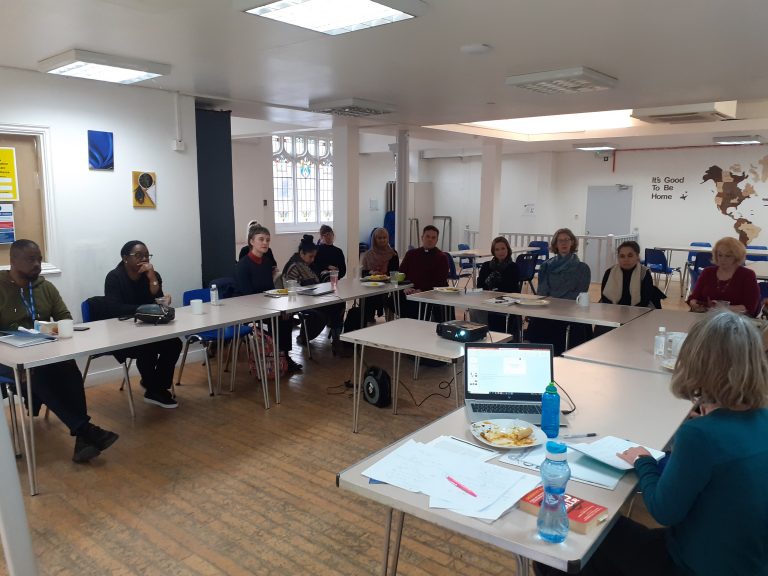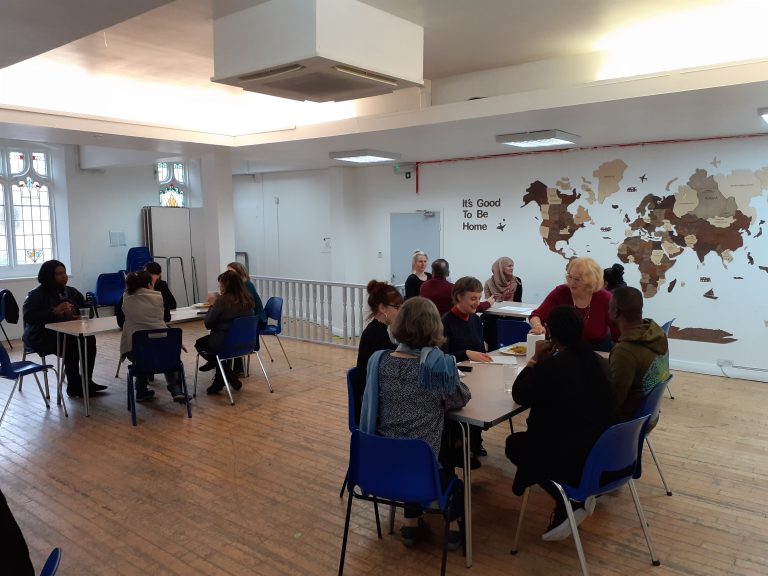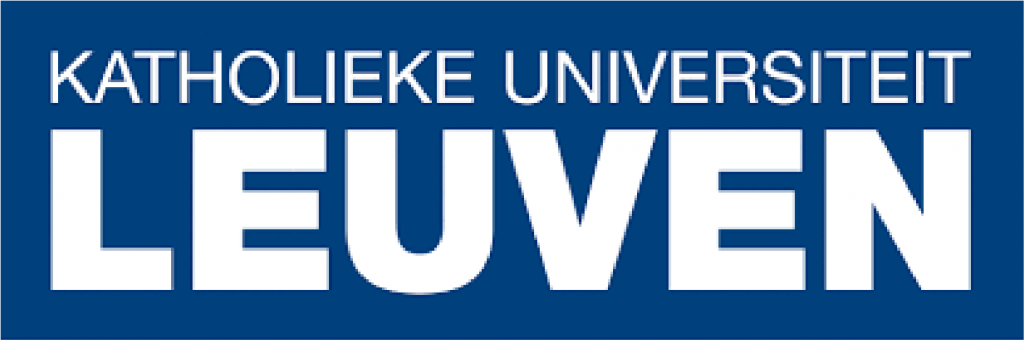Stakeholders Meeting Newham


On Wednesday 23rd of February we held a meeting with our stakeholders in the Borough of Newham (London). The aim of the meeting was to present our project to local stakeholders, create connections with them and share some initial findings. The meeting was hosted at the Renewal Programme (one of our closest collaborators) and was attended by a variety of local civil society and faith organisations as well as representatives from the local authority, including:
Our Newham Learning and Skills
St. Paul’s & St. James’ Church
The meeting was a great success and provided a platform to talk about our research and more generally the situation of newcomers in the borough. It also provided a platform for stakeholders to connect with each other. We discussed in groups how our research can be made more applicable to the day-to-day work of our stakeholders and explored potentials for further collaboration. For both attendees and organisers it was one of the first face-to-face meetings after a long period of being restricted to online meetings only, and it was great to see people meeting and chatting away over food, coffee and tea.
Some of the main issues that arose in conversation with attendees included the great need to create sustainable connections between community, voluntary and faith sector organisations, as well as between these organisations and the council. This is something Compost Newham are currently developing. Better connections between support organisations and with the local authority would facilitate signposting for migrants and pointing them in the right direction to access the right kind of support. Relatedly, participants emphasised the importance of creating spaces where migrants feel safe and where they can trust those who provide support. This is especially important in the context of the hostile environment promoted by the current national government.
Another challenge discussed during the meeting relates to limited access to ESOL (English) classes for many new arrivals. Even if funding for ESOL provision is available, this is often conditional on immigration status, and many new arrivals are not able to access free classes during their initial months of arrival.
For families, getting a school place for their children can be particularly challenging, with many families feeling unable to fill in complicated online forms, sometimes being unable to provide all required information. Some families have to wait many months until their children finally get a school place. Many schools are also struggling to address the needs of migrant newcomers, ranging from financial needs to issues with the Home Office and other problems that schools don’t have the answers to. Schools find it particularly hard to see families developing a sense of belonging and connection to the local area, and then be moved on by the Home Office to a different Borough or outside of London.
Those migrants with no recourse to public funds find it particularly difficult to access support services, and there is a great need amongst the Community and Faith Sector to obtain better information about what kind of support is available to these individuals and families and connect with the local authority.
Lastly, one of the most pressing local issues in Newham relates to the hotels which host many migrants and their families. Although meant as a temporary measure, some individuals get stuck in these hotels for years while waiting for a decision of their asylum application. The hotels are situated in fairly isolated areas with little access to local neighbourhoods, shops and facilities. It is particularly difficult for these migrants to get support and create connections with people outside the hotel. A striking example of the lack of support for these migrants is that those subcontracted to run the hotels have ceased to help them with registering for schools and doctors’ surgeries. Community and Faith Sector organisations such as Care4Calais have had to step in to provide support, often on a voluntary basis.
These are just some of the challenges discussed during the event. But despite these manifold issues, coming together to share experiences of support provision and discuss ways forward made us feel hopeful that together we can work towards better supporting those most in need. Attendees particularly appreciated the opportunity to connect with each other, and we left the meeting feeling enthusiastic and excited of working more closely together.






